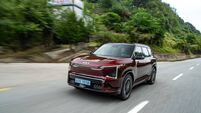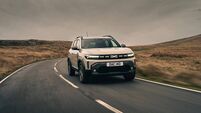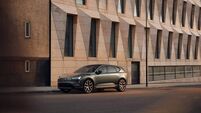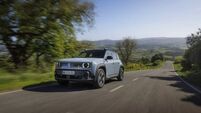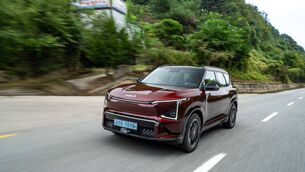Volkswagen Tayron review: the sensible new SUV that quietly outperforms expectations
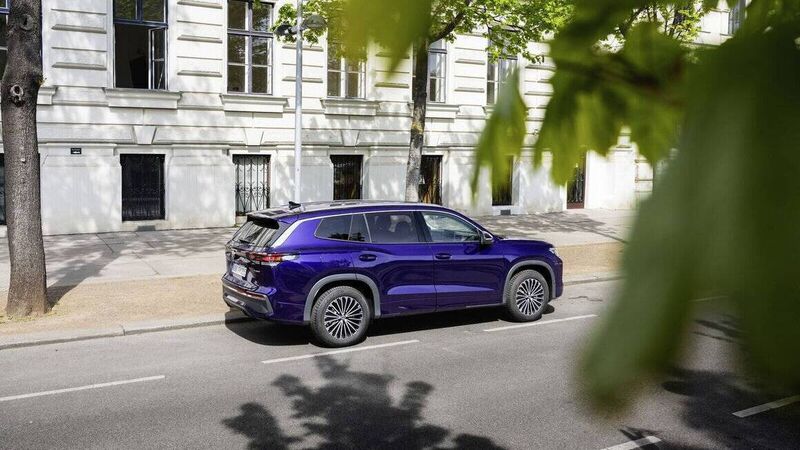
The all-new VW Tayron
|
VOLKSWAGEN TAYRON |
|
|---|---|
|
Rating |
★★★★☆ |
|
Price |
from €56,745 - €60,405 as tested |
|
Power |
a turbocharged 1.5 TSI PHEV with 200bhp |
|
Range |
a pretty decent 100km all-electric range |
|
The Spec |
as tested in the R-Line Edition 75 variant, it is a pretty complete package |
|
Verdict |
a return to traditional VW values and very welcome at that |

